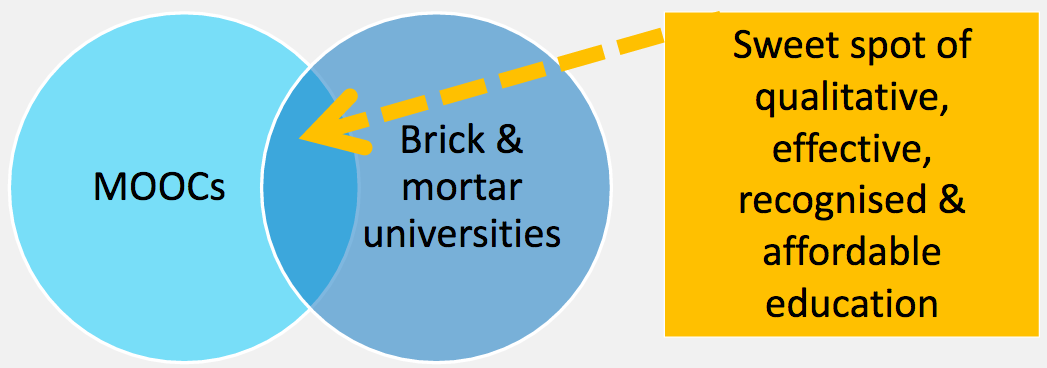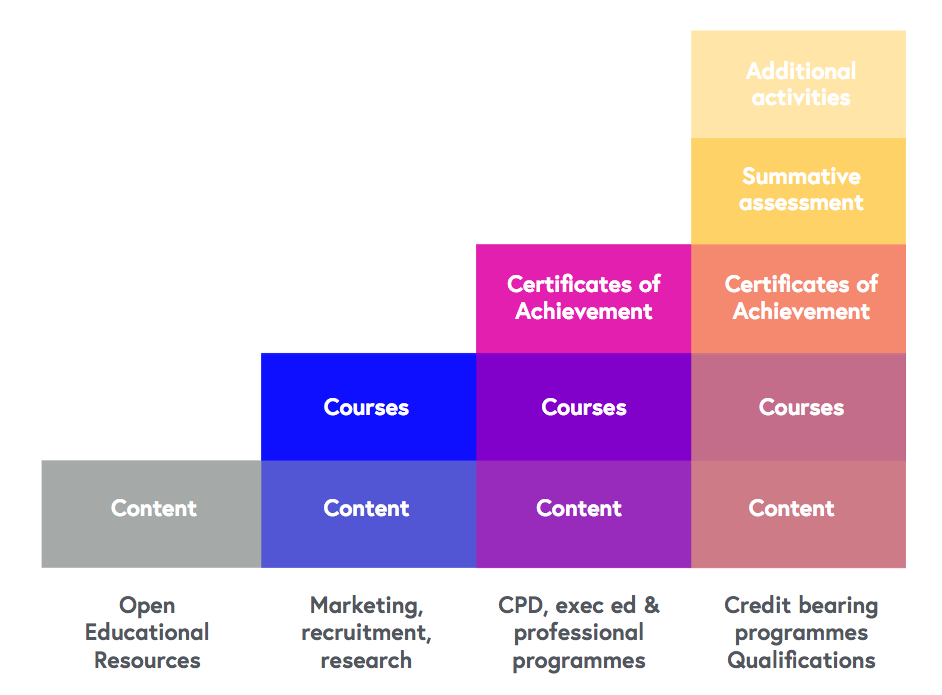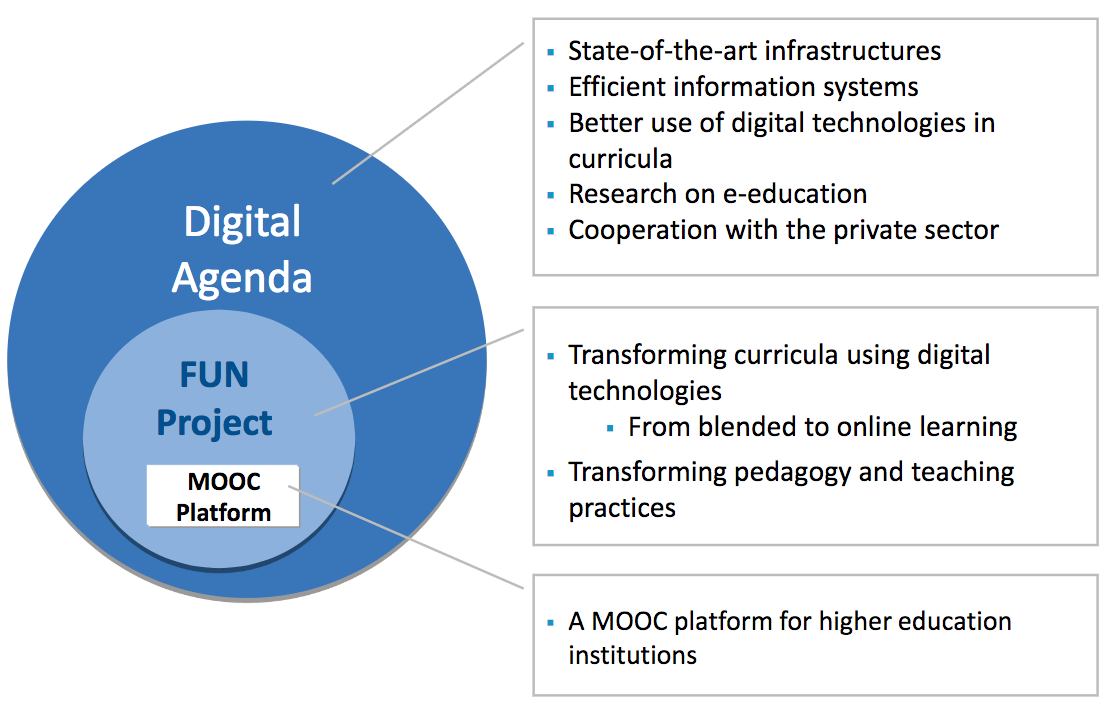Policy Forum on European MOOCs
Yesterday I attend the policy forum on European MOOCs organised by the HOME project. This was the third event of the HOME project I attended after Porto and Rome. In 22 presentation we got a good overview of policy for MOOCs on European, governmental and institutional level. The presentators submitted 19 papers.
European level
The first presentation was about the OpenEdu research project of the Joint Research Centre in Seville. Yves Punie gave a good overview and some interesting insights:
- there are big differences between European countries in the number of MOOCs offered
- In the US most MOOCs are from a small number of universities. In Europe there is much more diversity
- lecturers are a crucial part of the adoption of open education. 2 barriers are related to them.
- Although many learners already attended higher education, unemployed and part-time workers also use MOOCs
- There is a lack of transparency, and common terminology to describe MOOCs offerings (for all actors involved)
- Most universities do not seem to have an OE strategy. If there is a strategy, it is usually not embedded within overall institutional strategy. As a result ad-hoc, arbitrary and experimental activities and little collaboration and sharing of experiences.
The second presentation was of Marco Marsella. He is working for DG Connect and they have funded a couple of interesting projects:
- EMMA platform
- ECO Learning
- TESLA: An adaptive trust e-assessment system for assuring e-assessment processes in online and blended environments.
He sees MOOCs as sign of a wider change: Student expectations and teaching models are changing. And especially it works as oil for blended learning. I don't agree with him on the issue of completion rates. For the learners that are really interested in getting the certificate we see an pass rate between 60% and 80%. That is higher completion rate than a lot of campus courses.

Governmental policy
Two presentations of scandinavian countries gave a nice insight. Some remarks:
- I agree that there shouldn't be a separate MOOC policy. It should be integrated in the strategy on higher education.
- The 2014 MOOCs for Norway report was never implemented due governmental changes.
- Universities in Norway are slow in adopting new digital development. That is why Susanne thinks the ministery should:
- Develop a national strategy for coordinating and promoting digitisation for pedagogic innovation and quality
- Make digitisation a topic in their governance of public higher education institutions and as a criterion for future public funding
- Strengthen the digitisation of higher education by expanding the national infrastructure and cloud-based services
Policy of MOOC platform providers
Four MOOC were supposed to present, but Iversity had to cancel due to financial difficulties. The presentations of FutureLearn and EdX were interesting because there was a lot of similarities. For example about the paths for learners:


Both platforms also gave an update of their numbers (I added some of the Coursera numbers):
| FutureLearn | edX | Coursera | |
| Learners | 4M | 8M | 18M |
| Enrolments | 9M | 26M | |
| Partners | 80 | 100 | 140 |
| Courses | 350 | ~1000 |
Some of the participants asked about the disapperance of the free certificates (the elephant in the room). Caroline of EdX had a clear answer to this, although TU Delft doesn't see an increase in the number of verified certificates. Mark of FutureLearn kept quiet, because FL never offered free certificates.
Institutional policies
In this track there were five presentations including mine. It missed a bit of balance, because there were 3 edx universities (Carlos III Madrid, KU Leuven and TU Delft). Below is the full slide deck I couldn't present in 10 minutes. I had made a selection out of it.
Shared Services
The last presentation I would like to mention is the presentation of the French MOOC platform FUN. The platform is part of an country wide digital strategy:

The FUN platform started as startup from the strategy and is since september 2015 public organisation with 29 members representing 194 HE French institutions. Interesting is that they also have non-French universities as partners. Due to the French language they have strong presence in French speaking Africa.
Conclusion
Altogether it was an interesting day with a lot of presentations. Not all of them interesting, but most of them were. There were a couple of presentators that couldn't stick to the 10 minutes, so the programme was a bit extended. This policy forum was also the end of this project. I think that it was a succesful project and a follow-up project would certainly be interesting.
Further reading
1 comment
Comment from: C. Kroon [Visitor]
Form is loading...
